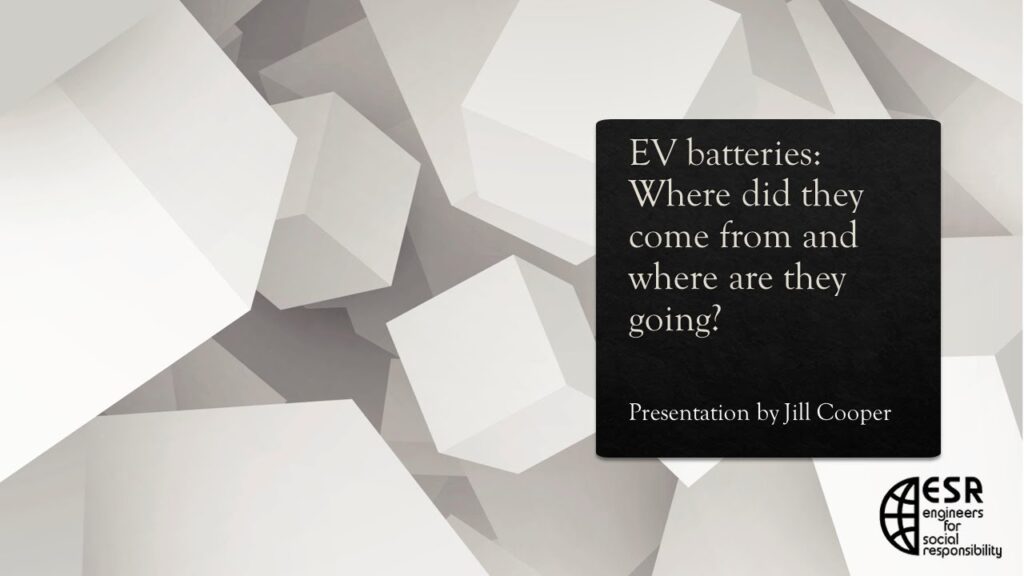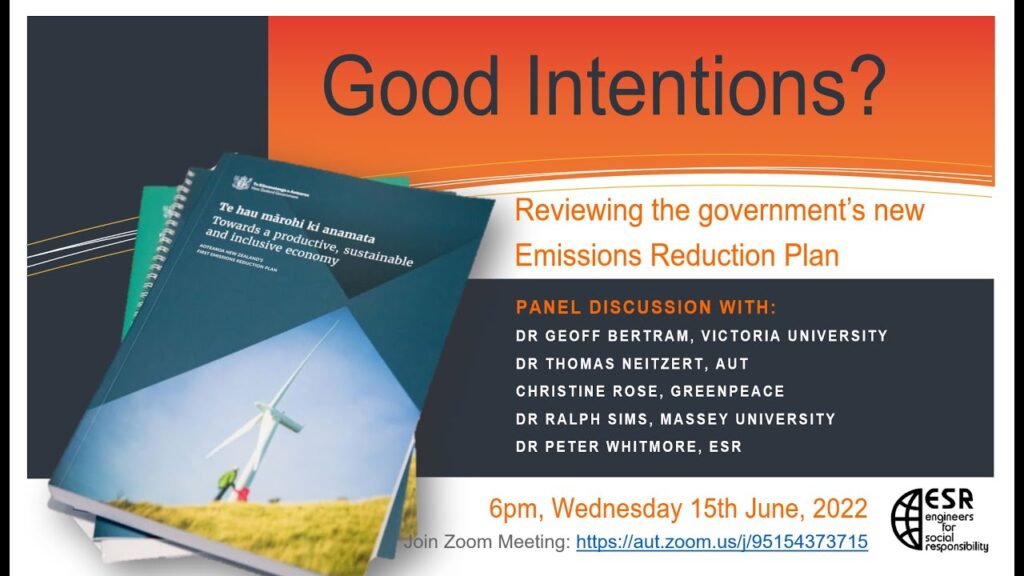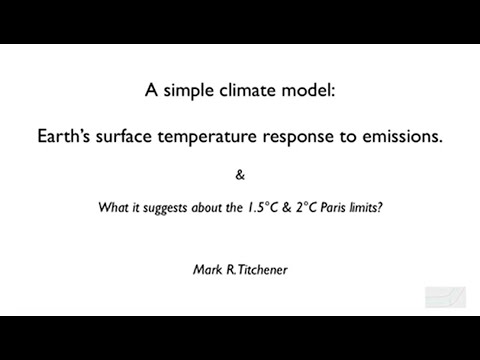EV Batteries – Where Did They Come From and Where Are They Going?
Several years ago, Li-ion batteries, as used in mobile phones, computers, portable tools and a myriad of other devices were considered a fairly benign object, except for the possibility that they may rarely, spontaneously burst into flames. There was little conversation about how they were made and what you might do with the old, worn out ones. All that changed when Nissan and Tesla brought out electric vehicles that were capable of replacing fossil fuelled vehicles and governments started to adopt strategies to encourage EV uptake in our private transport fleets.
Read MoreOpportunities for Real Transition Leadership
Grant provides a perspective on the challenges facing engineering as it engages in the broader transition and climate adaptation process. He has identified a number of issues and gaps that engineers need to address. The Real Transition Leaders programme and community seeks to close these gaps, and Grant offers an overview of the programme.
Read MoreEarth Building Developments in New Zealand
July 2022
– Dutch group targets hydrogen-fuelled commercial flight in 2028
– How Orkney is leading a tidal power revolution
– How to turn your garden into a carbon sink
– EV Battery Technology: The road to a breakthrough
– Kiwi electric bus conversion
– Australian company secures $700,000 deal for carbon capture and storage machine
– Methane may be much more sensitive to global heating than previously thought
Good Intentions? Reviewing the Government’s New Emissions Reduction Plan
New Zealand’s first emissions reduction plan was released by the Ministry for the Environment on 16 May 2022. An expert panel offered its reaction and comments on the government’s emission reduction targets and on the policies and strategies to reduce emissions for sectors such as transport, energy, waste, building construction and agriculture. Challenges lie ahead if we are to make an appropriate contribution to global efforts to limit temperature rise to 1.5°C.
Read MoreMay 2022
– New Zealand’s 2020 Greenhouse Gas Emissions Report & Domestic LongTerm GHG Reduction Targets
– Solid State Battery Development
– Six things you should know about the new IPCC report (AR6)
– UN says up to 40% of world’s land now degraded
– Sharp cut in methane now could help avoid worst of climate crisis
A Simple Climate Model of Earth’s Surface Temperature Response to GHG Emissions
A simple dynamical model relating Earth’s expected surface temperature anomaly to CO2 emissions will be presented. The obvious constraints and limitations aside, such a dynamical model enables a variety of emissions scenarios to be explored. Results are compared against findings in the IPCC AR5 and SR15 reports and we reflect on possible pathways ahead.
Read MoreSubmission In Response To: Price Discovery Under 100% Renewable Electricity Supply – Issues Discussion Paper
We very strongly agree with the need to take strong and immediate steps to limit climate change by reducing our greenhouse gas emissions. There are major issues regarding how the electricity market currently operates that are related to this and require urgent attention, but do not seem to be specifically covered in the discussion paper.
Read MoreMarch 2022
– IPCC issues ‘bleakest warning yet’ on impacts of climate breakdown
– Coal power’s sharp rebound is taking it to a new record threatening net zero goals
– How ‘super-enzymes’ that eat plastics could curb our waste problem
– How to store excess wind power underwater
– Reasons to be hopeful: the climate solutions available now
– Nuclear fusion heat record a ‘huge step’ in quest for new energy source





